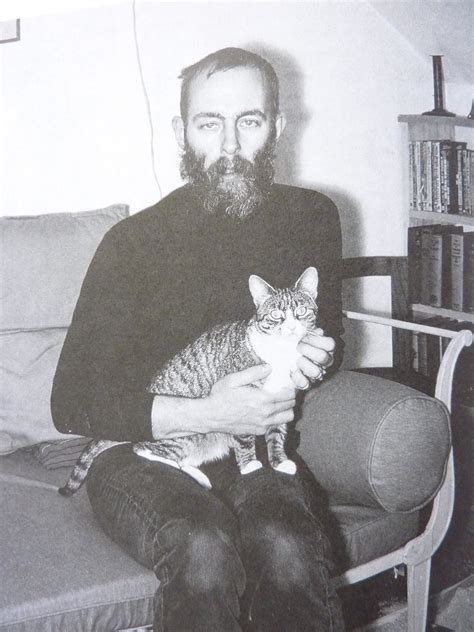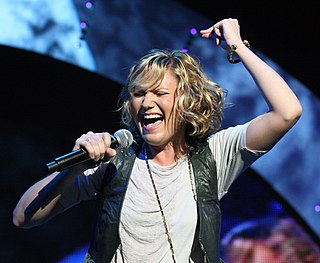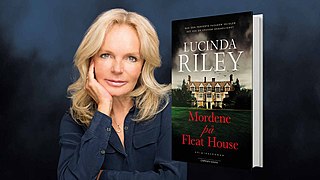A Quote by Cameron Dokey
Over and over, we start our own tales, compose our own stories, whether our lives are short or long. Until at last all our beginnings come down to just one end, and the tale of who we are is done.
Related Quotes
What do you know about yourself? What are your stories? The ones you tell yourself, and the ones told by others. All of us begin somewhere. Though I suppose the truth is that we begin more than once; we begin many times. Over and over, we start our own tales, compose our own stories, whether our lives are short or long. Until at last all our beginnings come down to just one end, and the tale of who we are is done.
I am a man, and men are animals who tell stories. This is a gift from God, who spoke our species into being, but left the end of our story untold. That mystery is troubling to us. How could it be otherwise? Without the final part, we think, how are we to make sense of all that went before: which is to say, our lives? So we make stories of our own, in fevered and envious imitation of our Maker, hoping that we'll tell, by chance, what God left untold. And finishing our tale, come to understand why we were born.
One of the challenges over the last decade is America has done experiments in nation building in places like Iraq and Afghanistan and we've neglected, for example, developing our own economy, our own energy sectors, our own education system. And it's very hard for us to project leadership around the world when we're not doing what we need to do.
There is a kind of dictatorship that can come about through a creeping paralysis of thought, readiness to accept paternalistic measures by government, and along with those measures comes a surrender of our own responsibilities and therefore a surrender of our own thought over our own lives and our own right to exercise the vote. The free system gives the right to every citizen to do something for himself. Because he has the right, the opportunity is always there.
We have gone forth from our shores repeatedly over the last hundred years and we've done this as recently as the last year in Afghanistan and put wonderful young men and women at risk, many of whom have lost their lives, and we have asked for nothing except enough ground to bury them in, and otherwise we have returned home to seek our own lives in peace.
We all end up living secret lives. We create what we are willing to admire and admiring what we shouldn't confess to the secret ofour own sin, our own insufficiency, our own sadness. We all end up taking our secrets into the world and handing them over to strangers, only to realize it's often too late to claim them back. The very nature of time passing is sad beyond words. Memories mean they're gone.
In some ways, Valiant Gentlemen grows out of Tales of the New World, my collection of short stories about explorers who lived "great" lives, but whose experience of it was in the same register as all our lives are - we feel the same extent of human emotion regardless of how exceptional our actions are: nothing is more exceptional than one's own life.

































